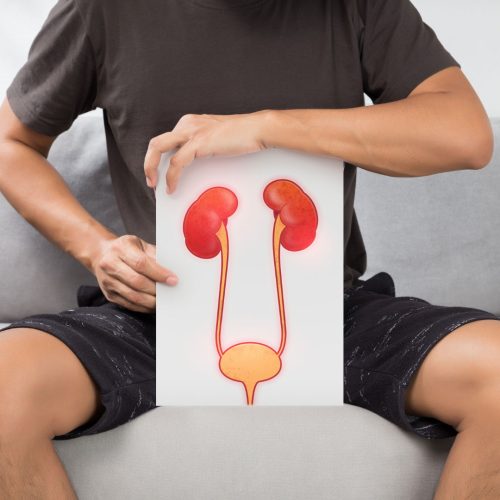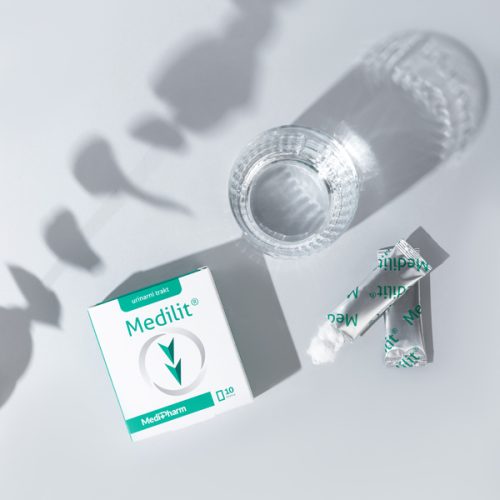Urolithiasis is a disease that occurs due to the presence of calculus in the urinary tract.
A significant number of people suffer from urolithiasis, that is, the presence of stone in the urinary tract. Once it occurs in 65 to 70% of people relapse occurs (stone formation occurs again), so it becomes a significant problem and the number of people suffering from this disease increases. Most calculus are smaller in size and can be eliminated spontaneously. It is very important to determine the cause of the formation to determine the best therapy. Stone formation in the urinary tract can occur as a result of various disorders, there is not only one cause of stone formation, so one can say that urolithiasis can be a multifactorial disease. According to statistics, approximately 20% of all urological diseases are related to the formation of kidney stones (concretions), the so-called. urolithiasis. Urolithiasis is a pathological process – a condition characterized by the formation of stones in the urinary tract. Climate, genetic, anatomical, endocrine, inflammatory and other factors predispose to urinary tract formation. Most often they are formed in the kidneys, but they can move and get stuck in the bladder or in the urethra. Large kidney stones often cause severe colic.
Symptoms
Characteristic symptoms for bladder stones are gait pain, blood in the urine, intermittent urine flow or burning during urination. Sand in the bladder causes an uncomfortable feeling and need to urinate. These pains are often accompanied by nausea and vomiting, sweating and fever. Urolithiasis is clinically most manifest between the third and sixth decade of life. Sand and urinary stones created in this disease usually spontaneously leave the body by urination. If their size grows and forms a relatively large formation (several millimeters in diameter), ureteral obstruction and a delay in urinary excretion from the kidney can occur, which can cause severe unilateral pain (colic) in the upper abdomen, genitals and groin and other symptoms such as weaker or stronger inflammation. Kidney stones can be of different sizes, shapes, colors, solids and chemical nature (inorganic and organic). The course of the disease itself can be complicated not only by symptoms caused by stone (pain, infection, obstructive uropathy), but also by complications that can occur in later stages of the disease (relapses, arterial hypertension, and kidney weakness).
Diagnosis and therapy
Based on urinalysis and urologic ultrasound findings, the urologist will diagnose and prescribe appropriate therapy. In all cases related to the presence of these disorders, the doctor also recommends phytotherapy as part of modern pharmacotherapy: the introduction of a large amount of fluid in the form of urological teas with uroantiseptic, anti-inflammatory, spasmolytic and diuretic action, which help to reduce all the problems that accompany urolithiasis. After treatment for acute exacerbation, patients with urolithiasis are monitored on an outpatient basis. The recommendation of the physician is that such persons needs preventive urine culture examination twice a year and a urological ultrasound examination once a year. Considering the fact that 50-60% of patients re-create stone, it is very important to take preventative measures: as much liquid as possible in the form of appropriate medicinal teas and appropriate physical activity.





